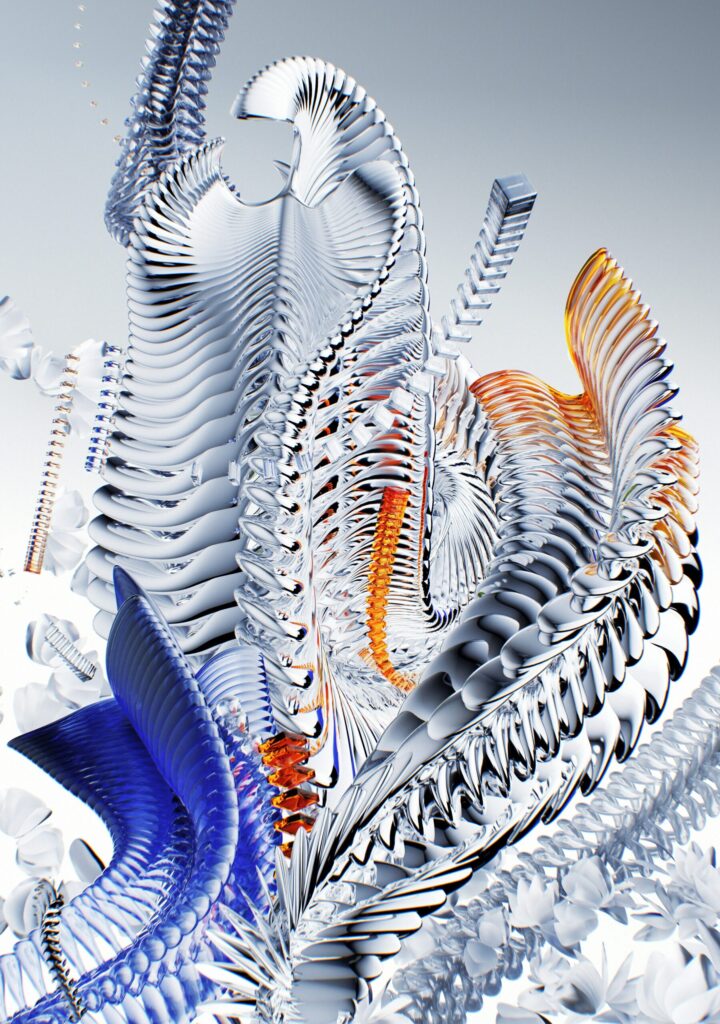Scientific humanism, as described by Sir Julian Huxley, argues that mankind in its totality is a phenomenon to be described and analysed like any other phenomenon. Humanity and all its manifestations, including human history and values are, in this worldview, proper objects for scientific study.
It is through this maxim that I would like to talk to you about patience. The way I see it, patience is the glue of society, and humanists should pay more attention to it. Patience is traded as a currency when people strive for alignment of purpose and cohesion. It is a push factor, so to speak, and I want to argue that it is perhaps humanity’s most underrated hero.
What is Patience?
Patience is a bet you make — on yourself or others. It says, “This error, this mistake, this shortcoming does not undermine your value as a human being.” What could be more humanist than that? Be patient with those you meet.
Patience is the inclination to be kind to those who look up to you as they struggle to grow. It is the choice to be a shrewd nurturer, not a tyrant, and to bet on their potential. Just as others have been patient with you throughout your life, extend that same grace to others whenever possible.
The Unfortunate Side of Patience and its Loss
But let’s not be naïve. Patience is often abused, and that’s why many people no longer rely on it.
The patient person risks losing too much when their patience is exploited. People take advantage of your patience, knowingly disappointing and mistreating you because they believe you’ll forgive them. On the flip side, we might feign patience ourselves, manipulating others who crave our approval or trust to gain leverage.
The effect of exploited patience is a paranoid and eternally suspicious world. “What if I’m patient and they betray me?” we wonder. “What if they’re already sinning against me? Is patience still warranted then?”
In this scenario, it seems more logical to sin before you are sinned against. In a suspicious and insecure world, anyone who places a bet against humanity wins. Nihilism wins. And we don’t want that.
Why Should You, the Humanist, Even Care?
The long conversation between humanism and nihilism
The Amsterdam Declaration articulates how humanism stands as an alternative to selfish nihilism. Selfish nihilism, in this context, is the denial of shared values or the significance of human actions. It leads to a lack of care or interest in others or the broader consequences of one’s behaviour. In such a mindset, there’s little regard for humanity’s future, progress, or the well-being of society. It is a product of a lack of patience.
While selfish nihilism is a bet against humanity, patience is a bet in favour of humanity. In simpler terms, think of nihilism as humanism’s evil twin. The kicker is that if the very core of our movement isn’t patient enough to listen, or if we’re careless with our patience, we may find ourselves quietly overrun by nihilism. I believe this to be the root of the anti-human mentality embodied in every oppressive system ever created.
What kind of person would you be if you weren’t patient with yourself?
Imagine who you would be if no one had been patient with you. If your parents had given up on you during speech development, or if that girlfriend or boyfriend had stopped listening while you were struggling to articulate that idea which fascinated you.
Some of the most meaningful and fulfilling experiences in life arise from one person choosing to extend the courtesy of patience. Unfortunately, we are also most vulnerable to behavioural toxicity when our patience is abused.
Conclusion
In a world where patience is in short supply, it is up to humanists to recognize its true value.
Patience isn’t simply a passive virtue; it is an active investment in the betterment of humanity. It’s about believing that people are worth the time and effort and that growth often happens in spaces where forgiveness and understanding are extended.
By cultivating patience, we bet on the future—on the possibility that individuals can change, societies can improve, and humanity as a whole can progress. In contrast, nihilism invites us to abandon this hope, to turn inward, and to forsake the bonds that hold us together.
To be patient is to protect the human spirit from the corrosive forces of selfish nihilism. If we can learn to preserve this value, we give ourselves a chance to keep trust in each other, and ultimately, to uphold the dignity and potential of humankind.


